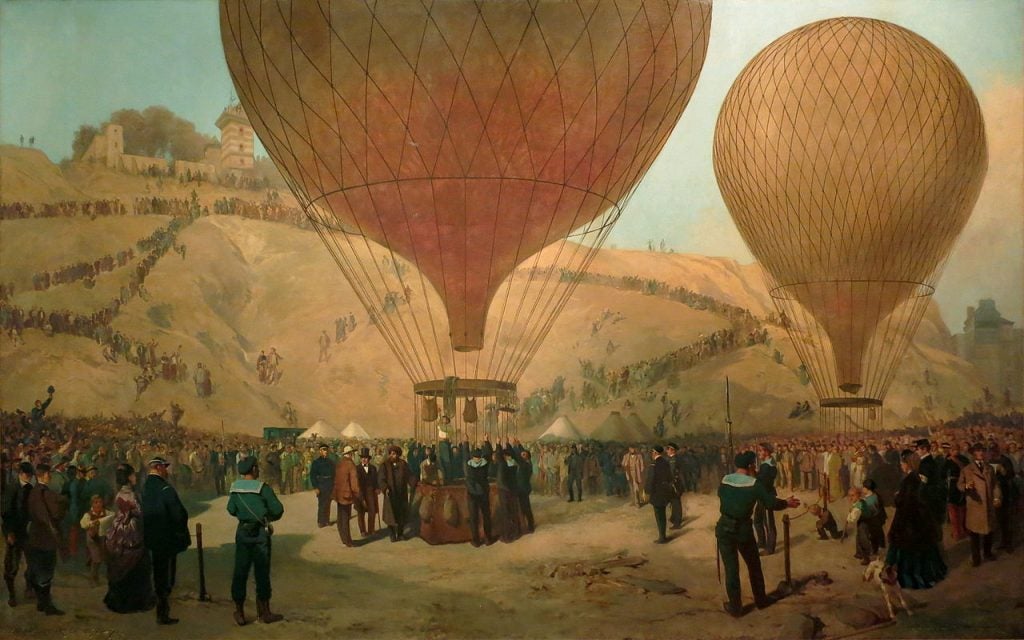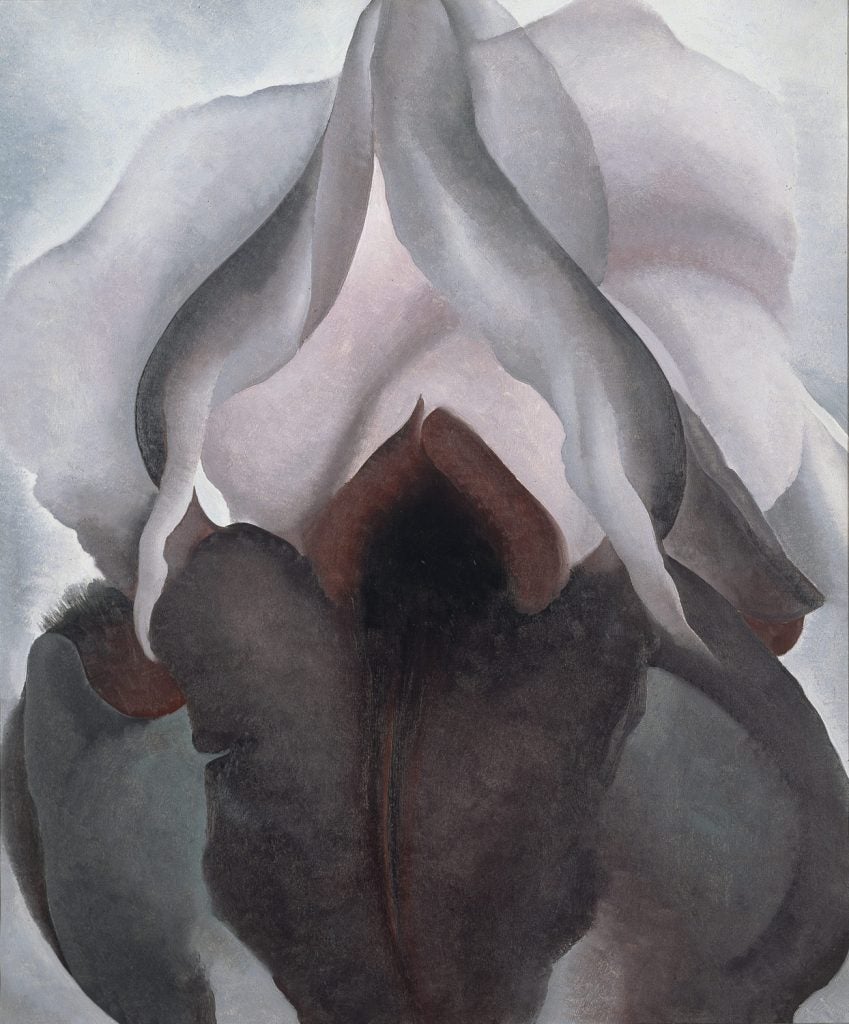On “Pull Me Under”: An Interview with Kelly Luce
“The concept of snapping and committing violence under pressure isn’t foreign to us, but the people who were snapping–namely, young children, including girls–surprised me.”
On “Pull Me Under”: An Interview with Kelly Luce Read More »
“The concept of snapping and committing violence under pressure isn’t foreign to us, but the people who were snapping–namely, young children, including girls–surprised me.”








